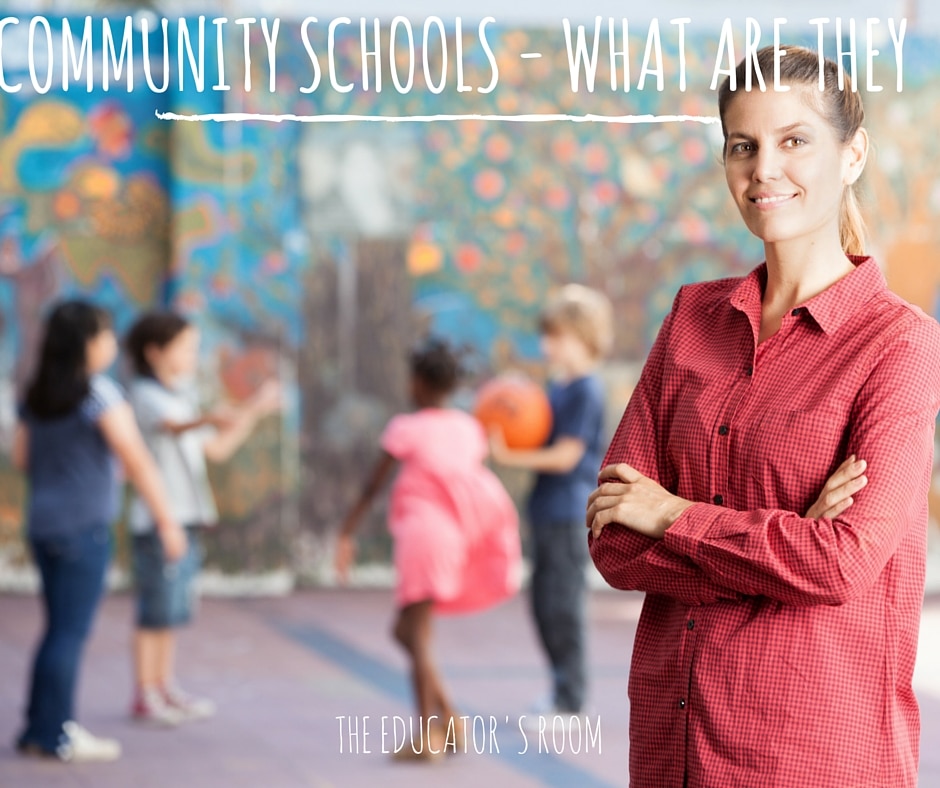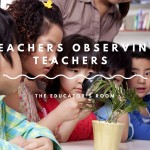Community Schools have recently caught my attention as they are coming to my home city of Philadelphia. James Kenney, the newly elected mayor is interested in converting 25 schools in the city to community schools. He is a supporter of both public education and improving all neighborhoods in the city.
What Are Community Schools?
By definition, they are a combination of a neighborhood school and a partnership of groups who want to support the school. A community school belongs to the entire community that surrounds it and remains open during the evenings and on weekends offering access to health clinics, childcare centers and recreational activities.
How Do They Help Students?
By partnering with businesses, universities, and other city resources they are able to offer supports that other schools cannot. A health clinic in the school rather than elsewhere in the city allows parents to seek medical care for their children without traveling a distance. Local businesses can offer opportunities to their employees to mentor students at the school. Trade schools and universities can offer tutoring services after school or courses for parents in the evening or on weekends. Parents and caregivers find it less intimidating to enter a school building for their child when it represents more than a place to hear good/bad things about children.
Why Is the Time Right in Philadelphia?
First there is quite a bit of political will in the city. City Council President Clarke and Mayor-elect Kenney both support the idea. Secondly, there are already a few schools in the city that have become community schools in some form. Finally, Cincinnati, Ohio, can serve as a laboratory for Philadelphia. Their demographics are similar to Philadelphia and they are in the process of turning all of their public schools into community schools.
How Does the Plan Move Forward?
Council President Clarke has already gotten the city’s universities on board with the plan. Mayor-elect Kenney has set up a group to visit Cincinnati and learn from their already established community schools. There is already a community school near the campus of the University of Pennsylvania which is functioning with the help of the university. With the council president and the mayor on the same page funding should not be a problem.
An Example of a Community School
Lea Community School is a K-8 public school in Philadelphia near the campus of the University of Pennsylvania. It has been transformed into a community school with the help of the Netter Center for Community Partners at Penn.
Through the initiative Lea’s students receive academic support and mentorship throughout the school day. Outside groups provide nutrition lessons. There is an after school fruit stand. Students from Penn’s business school run a program called Black Wall Street which helps students understand entrepreneurship.
A program called the Recess Initiative promotes fitness and fun during recess. They also have brought in undergraduate students and school staff who make the lunchroom more pleasant.
After school programs include read aloud, homework and so on. Enrichment activities include art, sports, dance programs, and newspaper to name a few. There is also a partnership with Penn’s We Can Swim! program, which teaches water safety.
During the summer the school follows the Philadelphia Freedom School curriculum. The program aims to have everyone develop a love for reading and math. The need for cultural democracy is also taught. Enrichment activities include basketball, dance, musical theater and computer animation.
What about the Cost?
From everything that I’ve read there seems to be little increase in cost for the school district to run a community school. Much of the cost for healthcare can be covered by the providers billing Medicaid. Universities that are on board with community schools find ways to cover the costs for their programs through donors. Area businesses are also willing to make donations of money or goods to help improve the neighborhoods in which they do business.
Let me conclude by saying that we know that many poor children have difficulty learning due to health issues and food insecurity. Many also have mental health issues because of their life experiences. If we bring some of the services that will help them live better lives into the schools I think it is a concept we need to try.





